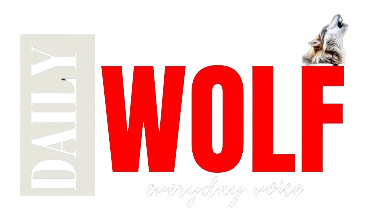The Middle East is on edge as conflict escalates following the death of Hezbollah leader Sayyed Hassan Nasrallah in an Israeli airstrike. The situation has spiraled into a tit-for-tat exchange of fire, with Israel pounding targets in Lebanon and Yemen, raising fears of a wider conflict engulfing the region.
Israel claims the strikes on Yemen’s Hodeidah port were in retaliation to Houthi missile attacks. This action, however, signifies a broadening of the conflict, potentially drawing in Iran, a staunch Hezbollah ally, and the United States, Israel’s main backer.
While the US urges for a diplomatic solution, they have also bolstered their military presence in the region – a move indicative of the escalating anxieties. Meanwhile, Iran mourns the death of a senior Revolutionary Guards member killed alongside Sayyed Hassan Nasrallah and calls for a UN Security Council meeting to address Israel’s actions.
The killing of Sayyed Hassan Nasrallah, who led Hezbollah for 32 years, is a considerable blow to the group. Hezbollah, in response, has launched rockets into Israel, while Iran vows retribution. Internally, Lebanon grapples with the aftermath.
The death toll from the past two weeks of Israeli bombardment has surpassed 1,000, with 6,000 injured. A staggering one million people, a fifth of Lebanon’s population, have been displaced from their homes, seeking refuge wherever possible.
MORE: Burial and Homecoming of Father Damian Grimes : A Nation Mourns its Educational Hero
The UN World Food Programme has initiated an emergency operation to provide aid to those impacted by the conflict. And to make sure the affected persons do not starve as the world is watching.

